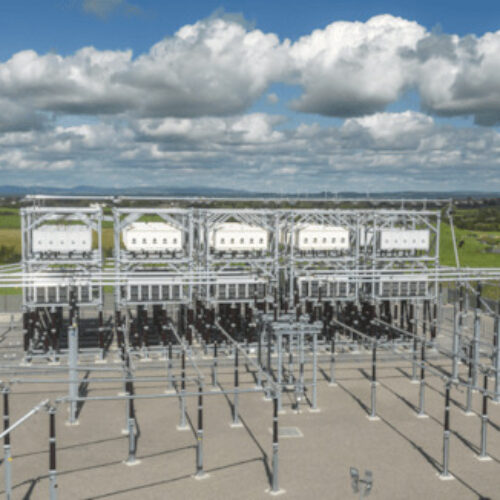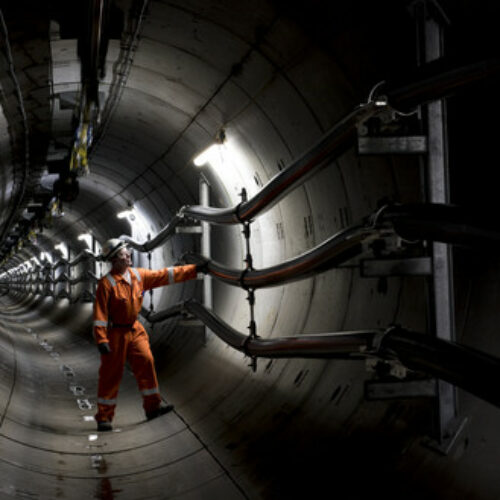Ofgem has today (25 August) announced that the Q4 (1 October – 31 December) energy price cap will be set at £1,834 – £696 more than the April 2021 cap.
Set at an annual level, the cap represents the average cost of energy for a dual fuel household paying by direct debit on the current typical domestic consumption values (TDCV) rate, which the energy regulator recently decreased.
The new cap represents a £240 drop from the current cap and is the lowest level since October 2021, reflecting a fall in wholesale energy prices and market stabilisation.
| Energy price per unit | |
| Electricity | 27.35 pence per kWh 53.37 pence daily standing charge |
| Gas | 6.89 pence per kWh 29.62 pence daily standing charge |
In order to support domestic energy customers, Ofgem stated that it expects energy regulators to continue improving customer service and ensure support is “accessible, responsive and understanding, including giving time to make pay arrangements and directing customers to further support and advice.”
The energy regulator also noted that it was seeing emerging competitive fixed energy price deals hinting at a slow return to a pre-crisis market.
Alongside the price cap, Ofgem also published a number of decisions including:
- Final Decision to raise the Earnings Before Interest and Tax (EBIT) allowance by £10 per customer per year.
- Remove the temporary Renewable Obligation (RO) ringfencing allowance (worth £8 per customer) which will be covered by the additional EBIT costs.
- Implementing a new sliding scale for EBIT so that if prices surge, the EBIT allowance reduces as a percentage preventing suppliers making excessive cash gains in a high price market.
“It is welcome news that the price cap continues to fall, however, we know people are struggling with the wider cost of living challenges and I can’t offer any certainty that things will ease this winter,” said Jonathan Brearley, CEO of Ofgem.
“That’s why we’ve introduced new measures to support consumers including reducing costs for those on pre-payment meters, and introducing a prepayment meter (PPM) code of conduct that all suppliers need to meet before they restart installation of any mandatory PPMs.
“There are signs that the financial outlook for suppliers is stabilising and reasonable profits are returning. With the small additional allowance we’ve made to EBIT, this means there should be no excuses for suppliers not to be doing all they can to support their customers this winter, and to reinforce this we’ll be introducing a consumer code of conduct which we will look to have in place by winter.”
Brearley added: “This code will ensure there are clear expectations of supplier behaviours especially for their most vulnerable consumers with whom suppliers should be reaching out proactively, with compassion and understanding. There are great examples of suppliers already doing this but I want to see this become the norm in such an essential sector that has such a big impact on people’s lives.”
The Centre for Policy Studies (CPS) recently called for the abolishment of the price cap claiming it has gone “far beyond its intended purpose” by becoming a de facto regulated market price.





